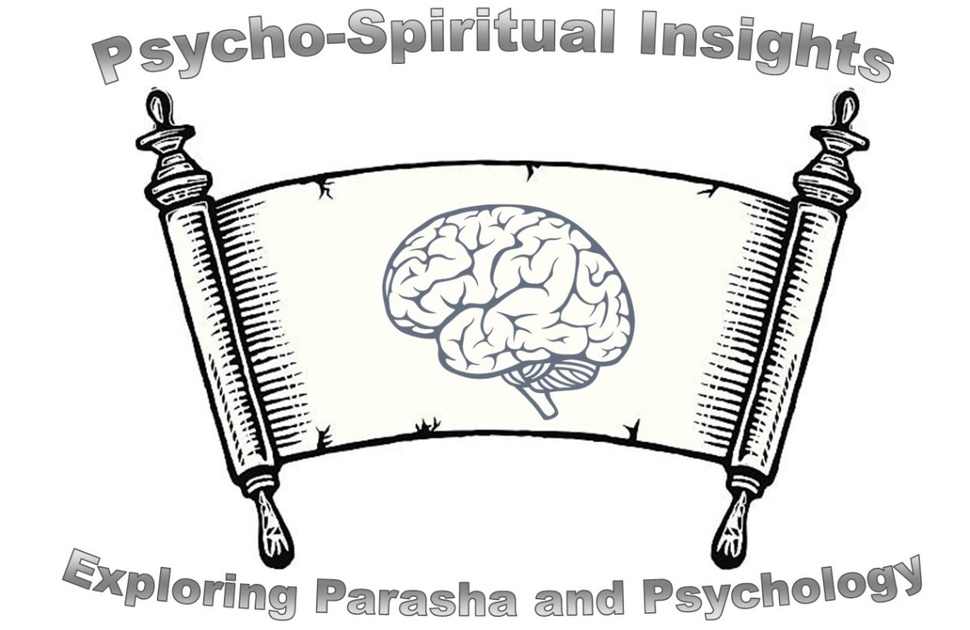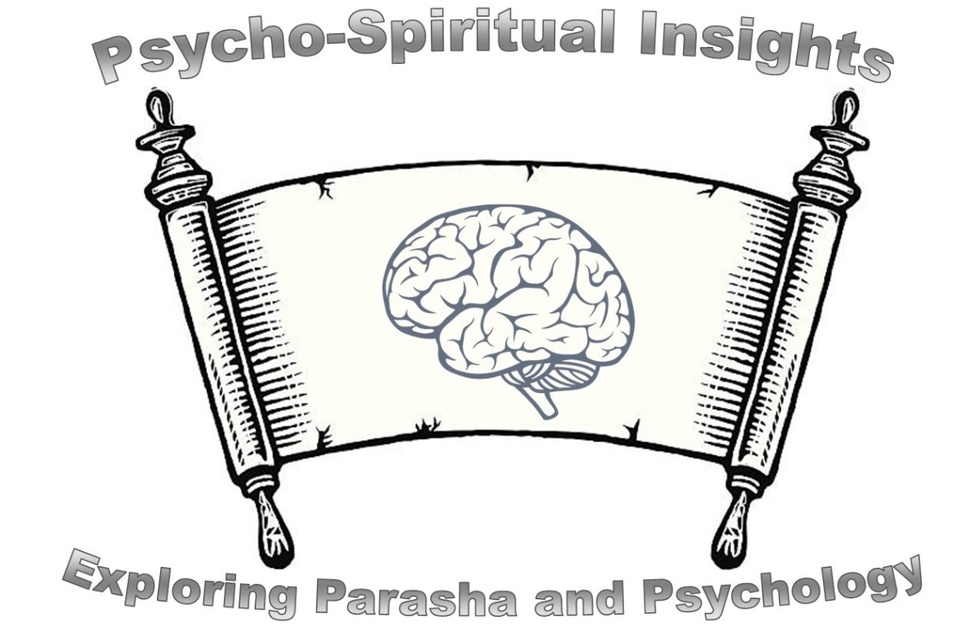
Parshat Vayikra begins the Sefer that will discuss all the laws pertaining to Korbanot, Kohen duties, and guidance towards holiness. The Sefer is also referred to as Torat Kohanim, largely in part due to the description of the sacrifices performed in the Mishkan. In the midst of these sacrifices, we learn about the "Shelamim – Peace Offering," which holds profound significance, not only in ritual but also in its psychological implications, particularly in the concept of affection and gratitude.
The Parsha indicates, “Ve'im-zevach shelamim korbano – if your offering is a sacrifice of peace-offering (Vayikra 3:1).” Rashi indicated they are called Shelamim, because they bring Shalom – peace into the world. The Ibn Ezra writes that unlike other sacrifices which are brought for repentance or remembrance, this sacrifice is offered solely for the continued peaceful existence of the person offering it. Taking it one step further the Sifra writes that whoever brings a Shelamim, brings peace into the world. This offering is a symbol of gratitude performed through an act of affection towards Hashem.
Affection, in psychological terms, refers to a positive feeling or emotion that involves warmth, fondness, and caring towards someone or something. It often involves a sense of attachment, closeness, and a desire to express care and support for the object of affection. It can manifest in various ways, such as physical touch, verbal expressions, or acts of kindness. Affection plays a crucial role in forming and maintaining interpersonal relationships.
In any relationship, apologizing after a disagreement or commemorating important dates is vital to maintaining connection. However, the strongest bonds are the ones which also include affectionate gratitude, not because it’s a celebration or to say sorry, but rather solely because you want to increase closeness with the receiver. Gratitude, from a psychological standpoint, has been linked to numerous benefits, including improved mental health, increased resilience, and stronger social relationships. When we express gratitude, we shift our focus from what is lacking to what is abundant in our lives. Similarly, in presenting the peace offering, the giver acknowledges blessings received, fostering a sense of abundance and contentment.
Furthermore, the peace offering highlights the importance of intentionality in expressing gratitude. It is not merely a perfunctory gesture but a deliberate act of acknowledging and appreciating the goodness in one's life. The Ramban shares that this Korban derives its name from ‘Shelimot – wholeness,’ because the person who brings it is doing so out of a free-willed desire for perfection. Similarly, in our daily lives, cultivating gratitude requires conscious effort and mindfulness. When we approach gratitude with intention, we amplify its psychological benefits and deepen our sense of fulfillment.
Here are three short tips for expressing affectionate gratitude:
- Quality Time: Dedicate uninterrupted time with your loved ones to be fully present. For parents, schedule special time with each child alone, just to experience increased closeness with them.
- Surprise Gestures: Surprise your loved ones with gestures of affection. This could be as grand as planning a outing or dinner or as small as a unsolicited thoughtful message to brighten un their day.
- Acts of Service: Show gratitude through performing acts of service directed to the loves one receiving it. This could range from preparing their favorite meal, taking a task off their list, or just bringing them a small token of affection.
The Korban Shelamim in Parsha Vayikra serves as a powerful reminder of the psychological concept of gratitude. Through this ritual, we learn that expressing gratitude is not just a religious duty but a transformative practice that enhances our well-being, strengthens our relationships, and fosters a deeper connection with Hashem. As we reflect on the significance of the peace offering, may we be inspired to cultivate gratitude in our lives, increasing affection in our hearts and communities alike.
Elan Javanfard, M.A., L.M.F.T. is a Consulting Psychotherapist focused on behavioral health redesign, a Professor of Psychology at Pepperdine University, & a lecturer related to Mindfulness, Evidence Based Practices, and Suicide Prevention. Elan is the author of Psycho-Spiritual Insights: Exploring Parasha & Psychology, weekly blog. He lives in Los Angeles Pico Robertson community with his wife and three children and can be reached at Elan.Javanfard@gmail.com.
 Previous
Previous

